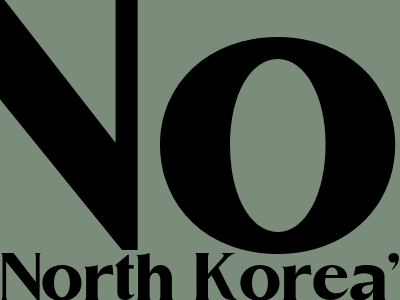
North Korea's Kim Jong Un Urges Improved Military Capabilities for War
Sub Heading: A Call to Strengthen the Military Amid Rising Tensions
In a recent speech, North Korean leader Kim Jong Un emphasized the need for enhanced military capabilities to prepare for potential warfare. He highlighted the importance of developing and maintaining a strong and modern military force, capable of defending the nation against any threats or aggression.
Kim's remarks come amid heightened tensions on the Korean Peninsula, with North Korea conducting numerous missile tests in recent months. These tests have raised concerns among the international community, prompting calls for diplomatic efforts and denuclearization.
Background and Context of Kim's Speech
Kim's speech was delivered at a meeting of the ruling Workers' Party of Korea, where he outlined his vision for the country's military development. He emphasized the need for the military to be equipped with advanced weapons and technologies, including missiles, artillery, and air defense systems.
Kim also called for increased training and exercises to enhance the military's readiness and combat capabilities. He stressed the importance of developing a strong and cohesive military force, capable of deterring potential threats and ensuring the security of the nation.
International Reactions and Implications
Kim's speech has drawn mixed reactions from the international community. Some experts view it as a sign of North Korea's continued commitment to its nuclear and missile programs, while others see it as a defensive measure in response to perceived threats.
The United States and South Korea have expressed concerns about North Korea's military advancements, urging the country to engage in dialogue and denuclearization efforts. Meanwhile, China and Russia have called for a peaceful resolution to tensions on the Korean Peninsula.
Prospects for Diplomacy and Denuclearization
Kim's speech has raised questions about the prospects for diplomacy and denuclearization on the Korean Peninsula. While North Korea has expressed a willingness to engage in talks, it has also made clear that it will not abandon its nuclear weapons program unless the United States and its allies provide security guarantees.
Experts believe that the path to denuclearization will be complex and challenging. It will require sustained diplomatic efforts, trust-building measures, and a willingness from all parties to compromise and find a mutually acceptable solution.